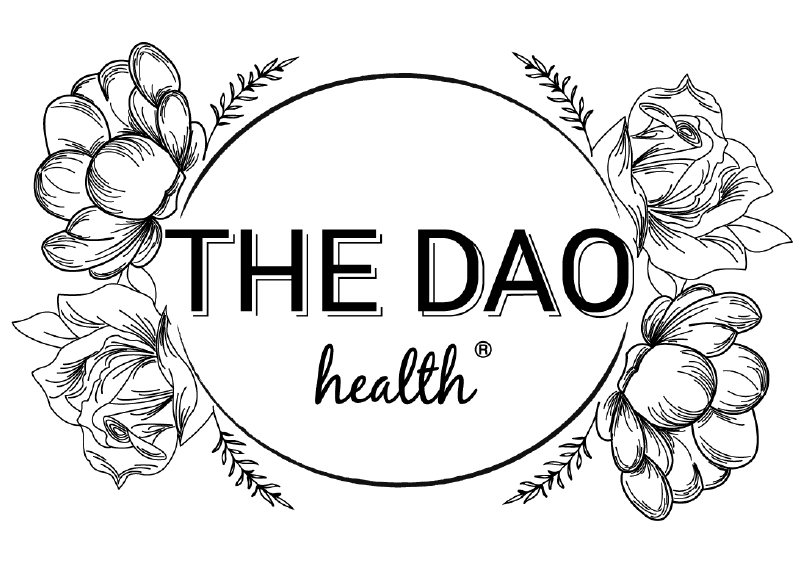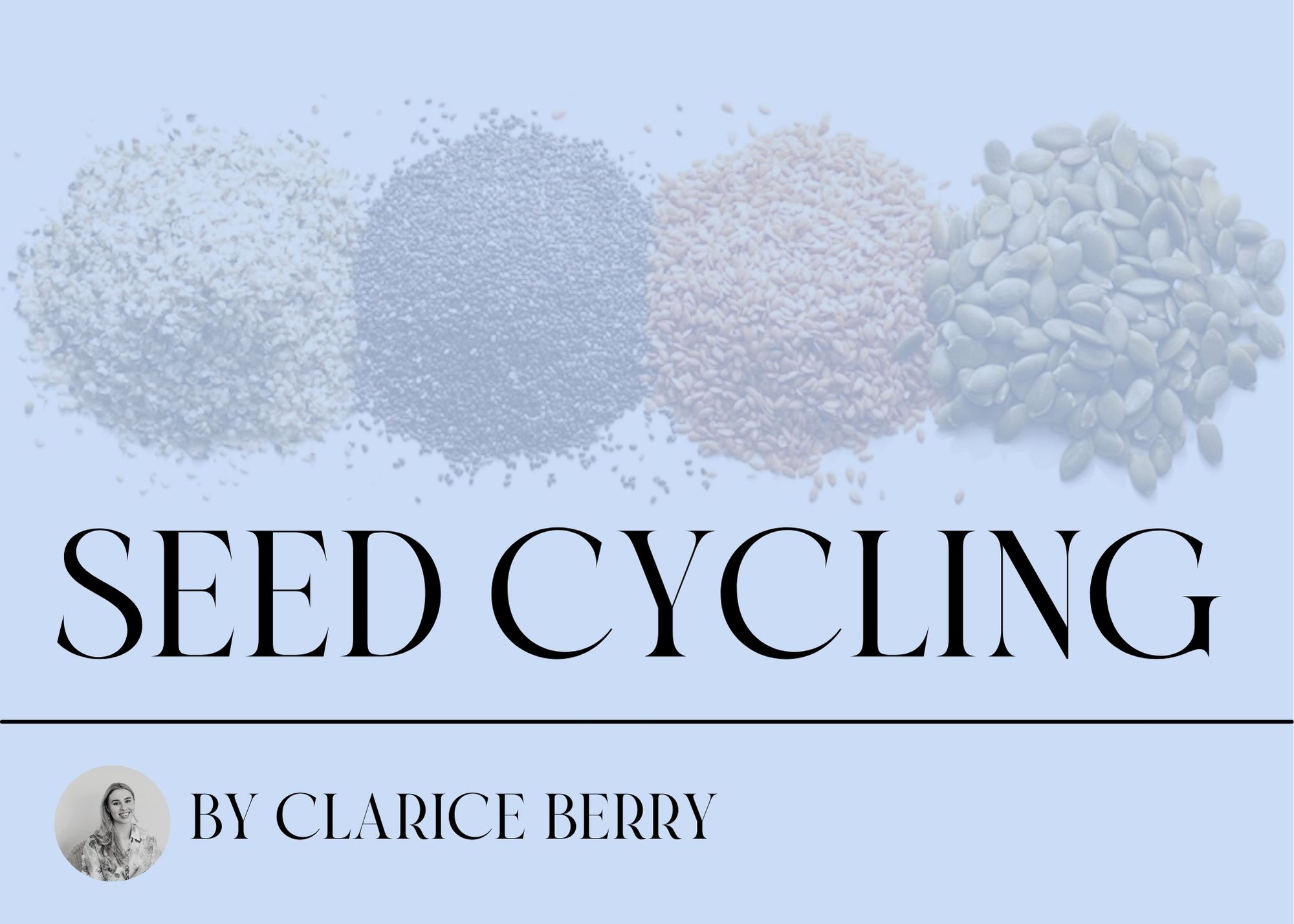Seed Cycling? What is it & Can it Support My Hormones?
“Seed Cycling”, also known as “Moon Cycling”, is the dietary practice of consuming specific seeds in a bi-phasic pattern alongside an individual’s menstrual cycle, or alongside the Lunar Calendar.
“Seed Cycling is often employed to encourage healthy hormonal regulation and reduce hormonal imbalances that may result in irregular cycles, significant premenstrual tension, luteal phase defects (namely, low progesterone), PCOS and in effort to lessen peri-menopausal and menopausal symptoms by naturally enhancing the levels of oestrogen and progesterone in the body.
The true origins of the practice of “Seed Cycling” are not clear, but it has roots in Chinese Medicine Dietary Therapy, which regards ‘food as medicine”; it has been noted to have become more popularised in the late 2000s by several naturopathic practitioners.
How Does Seed Cycling Work?
‘Seed Cycling’ involves the consumption of four primary seeds (flaxseeds, pumpkin seeds, sesame seeds, and sunflower seeds) at different intervals to enhance the hormonal processes naturally taking place.
Flaxseeds are well-known lignans and phytoestrogens that enhance the body’s oestrogenic properties. Consuming flaxseeds have shown benefit on regular ovulation and adequate luteal phase lengths by secondarily supporting progesterone levels.
Pumpkin Seeds are rich in Zinc which supports the production of progesterone and can support FSH (follicle-stimulating hormone) that encourages follicular development and timely ovulation.
Sesame Seeds contain lignans and omega 2 fatty acids which can reduce oestrogen and inflammation in the luteal phase. They also contain Zinc, which as mentioned, supports progesterone and has been linked with a reduction in dysmenorrhea.
Sunflower Seeds include the trace mineral, selenium that supports the liver’s detoxification of oestrogen and is important during the luteal phase to reduce PMS (premenstrual tension). Sunflower seeds are also rich in Vitamin E which is an anti-oxidant and thus supports egg quality.
How to ‘Seed Cycle”
The menstrual cycle can be broken down into four phases; the menstrual phase, follicular phase, ovulation phase and luteal phase; however, for the purposes of this practice, the cycle can simply be separated into the follicular phase and luteal phase.
The Follicular Phase (Flax and Pumpkin Seeds)
The follicular phase commences from day 1 of the menstrual cycle or the first day of menstrual bleeding. During this phase of the cycle, individuals should consume flax seeds and/or pumpkin seeds daily to enhance the effects of oestrogen that will naturally begin to rise as ovulation approaches mid-cycle (approximately from days 1-14 in a 28-day cycle).
The Luteal Phase (Sesame Seeds and Sunflower Seeds)
After ovulation has occurred, the luteal phase begins, and the hormone progesterone begins to rise. Individuals should then switch over to consuming sesame seeds and sunflower seeds to support their progesterone levels for the next consecutive 14 days until their next bleed commences and the follicular phase recommences.
No Period? No Problem!
For women who may have absent periods (amenorrhea), irregular periods or women who have entered menopause and no longer experience a menstrual bleed; it is recommended to ‘Seed-Cycle’ in two-weekly intervals to help establish a hormonal rhythm.
For those who also take note of their ‘symptothermal’ signs such as, their basal body temperature, use LH/Ovulation test kits or track their cervical discharge, the ‘Seed Cycle’ method can then be adapted accordingly to their body’s signals.
Tips for Easy Seed Cycling
An easy approach to begin the ‘Seed-Cycling’ method is to spend one afternoon grinding up your paired seeds separately in a food processor or mortar and pestle (if you’ve got the elbow grease!) and store them in two labelled airtight containers. The ground seeds can then be sprinkled into your daily meals, such as oatmeal, eggs, avocado toast, poke bowls, salads and so on (1-2 tablespoons daily is sufficient).
Note: Not only does grinding your seeds make them easy to use, but it increases the surface area available for essential fatty acid and mineral absorption. It’s important that the seeds are organic and raw if possible.
Written by Clarice Berry
- Eby GA. Zinc treatment prevents dysmenorrhea. Med Hypotheses. 2007;69(2):297-301. doi: 10.1016/j.mehy.2006.12.009. Epub 2007 Feb 7. PMID: 17289285.
- https://theseedcycle.com.au/seed-cycling-science-and-research/
- Seed Cycling for Hormone Balance by Dr. Jolene Brighten

